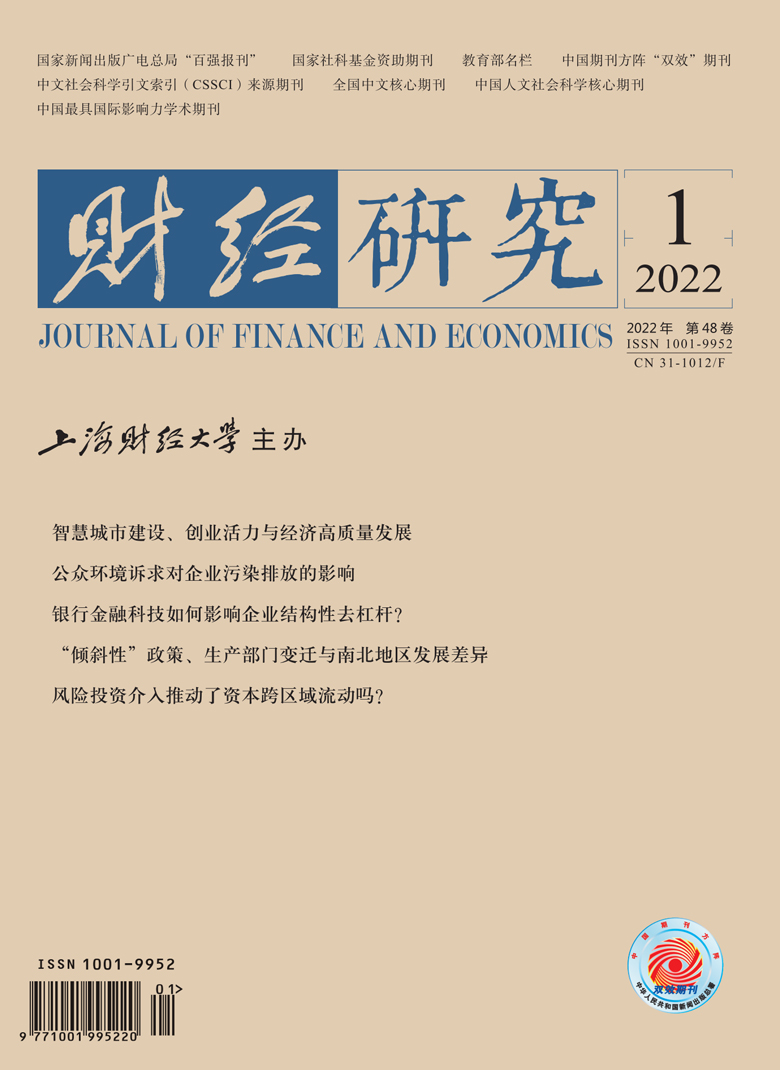According to the existing research, the ownership structure of banks has a significant impact on their business performance, and the efficiency of state-owned banks is generally lower than that of non-state-owned banks. However, due to the difference of institutional environment, there is still some uncertainty about the relationship between bank ownership and business performance. During the period of the Republic of China, there were great differences in the institutional environment between regions, private banks and government banks developed together, and the central government has little supervision over the financial market. This provides a good historical case for discussing the relationship between bank ownership and business performance under different property rights systems. For the first time, we systematically collected 741 annual business reports of 158 banks from 1928 to 1937. Using the data envelopment analysis (DEA) method to calculate the annual profit efficiency of banks, and then using the empirical analysis method, this paper focuses on the operating performance difference between private banks and government-run banks (National Chartered Banks and provincial and municipal banks). The research shows that the relationship between bank ownership and business performance is heterogeneous in different institutional environments. (1) If the institutional environment is poor and the development of private banks is restricted, the performance of government-run banks will be better than that of private banks; while under the conditions of a better institutional environment and sufficient market competition, the performance of private banks will be better than that of government-run banks. (2) The profit performance of provincial and municipal banks is different from that of private banks. The former mainly benefits from the franchise brought by the official ownership, and the rate of return of unit capital is higher in a local monopoly environment; while the latter is mainly realized through the better business ability and cost control ability in the market competition environment. The main contributions of this paper are as follows: Firstly, based on the historical data and comparative analysis of different banks, we can better identify the heterogeneity of the relationship between bank ownership and business performance in different institutional environments. Secondly, it calculates the profit efficiency of the new-style banking industry during the period of Nanjing Nationalist Government, which provides data and index basis for the quantitative and empirical research of modern Chinese banking industry. Thirdly, it enriches the empirical research on the relationship between the institutional environment and the performance of institutional arrangements (i.e. governance mechanisms) in the theory of new institutional economics. Finally, by revealing the impact mechanism of the institutional environment on the operating performance of banks with different bank ownership, it shows that while improving the efficiency of banks through ownership reforms, more attention should be paid to the construction of the institutional environment, especially the strengthening of property rights protection and contract execution efficiency.
 / Journals / Journal of Finance and Economics
/ Journals / Journal of Finance and EconomicsJournal of Finance and Economics
LiuYuanchun, Editor-in-Chief
ZhengChunrong, Vice Executive Editor-in-Chief
YaoLan BaoXiaohua HuangJun, Vice Editor-in-Chief
Institutional Environment, Bank Ownership and Business Performance: An Empirical Research Based on the Business Reports of 158 Banks in the Republic of China
Journal of Finance and Economics Vol. 48, Issue 01, pp. 154 - 168 (2022) DOI:10.16538/j.cnki.jfe.20210813.203
Summary
References
Summary
Cite this article
Yan Hongzhong, Shen Liangping. Institutional Environment, Bank Ownership and Business Performance: An Empirical Research Based on the Business Reports of 158 Banks in the Republic of China[J]. Journal of Finance and Economics, 2022, 48(1): 154-168.
Export Citations as:
For
ISSUE COVER
RELATED ARTICLES




 5060
5060  4837
4837

